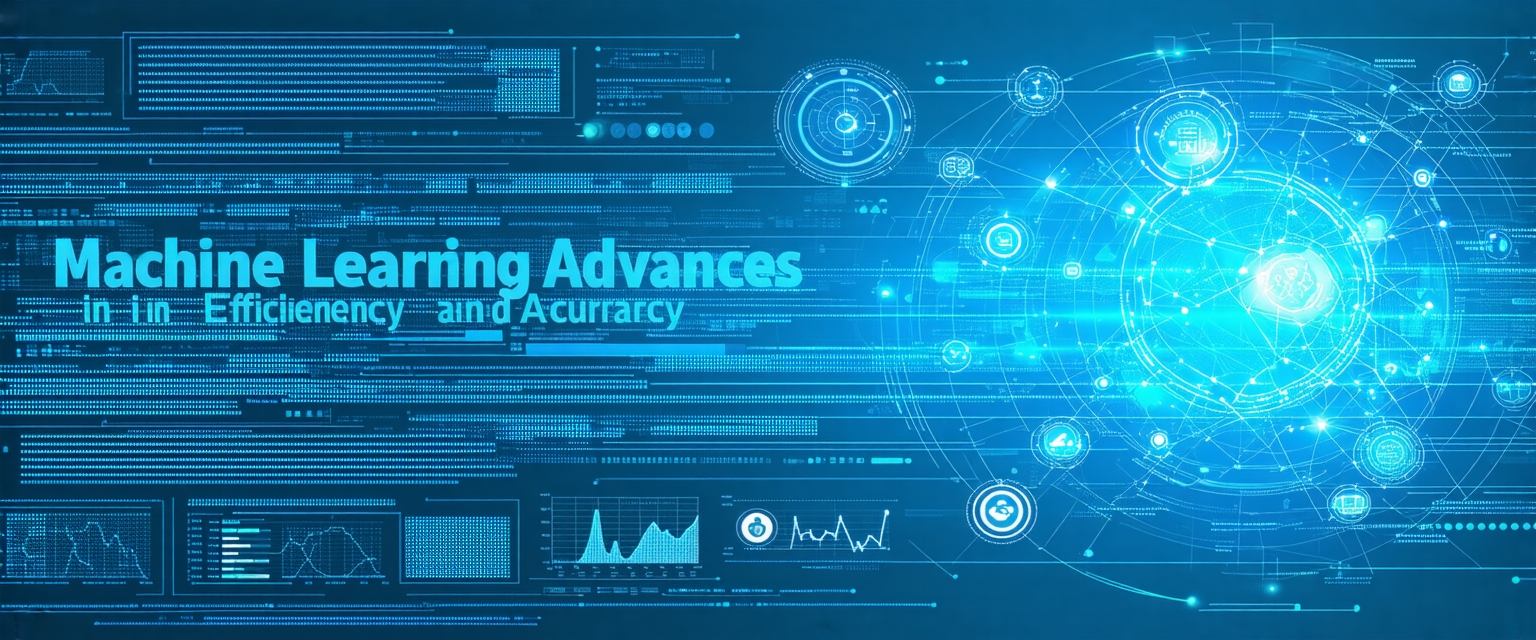






Recent advancements in machine learning algorithms and hardware are significantly impacting various fields. These improvements are leading to more efficient and accurate models, unlocking new possibilities across diverse applications.
Machine learning has seen exponential growth in recent years, driven by the availability of vast datasets and powerful computing resources. However, challenges remain in areas like model interpretability and energy efficiency.
Traditional deep learning models, while powerful, often require significant computational resources and training time. This has limited their applicability in resource-constrained environments and hindered broader adoption.
Researchers are developing innovative techniques to address these challenges. New architectures like efficient transformers and advancements in quantization are reducing computational costs without significant performance loss.
Furthermore, progress in federated learning enables training models on decentralized data sources, improving data privacy and expanding access to valuable datasets. This collaborative approach enhances model robustness and generalizability.
These advancements are already impacting diverse sectors. In healthcare, more accurate diagnostic tools are being developed. In finance, improved fraud detection systems are deployed. These improvements translate to real-world benefits, enhancing efficiency and accuracy across industries.
The reduced energy consumption associated with these new techniques makes machine learning more sustainable and accessible, expanding its potential applications to a wider range of contexts.
Future research will likely focus on developing even more efficient and interpretable models. Addressing ethical concerns surrounding bias and fairness in algorithms will remain a critical priority. Exploring new training paradigms and hardware architectures will also play a vital role in pushing the boundaries of machine learning.